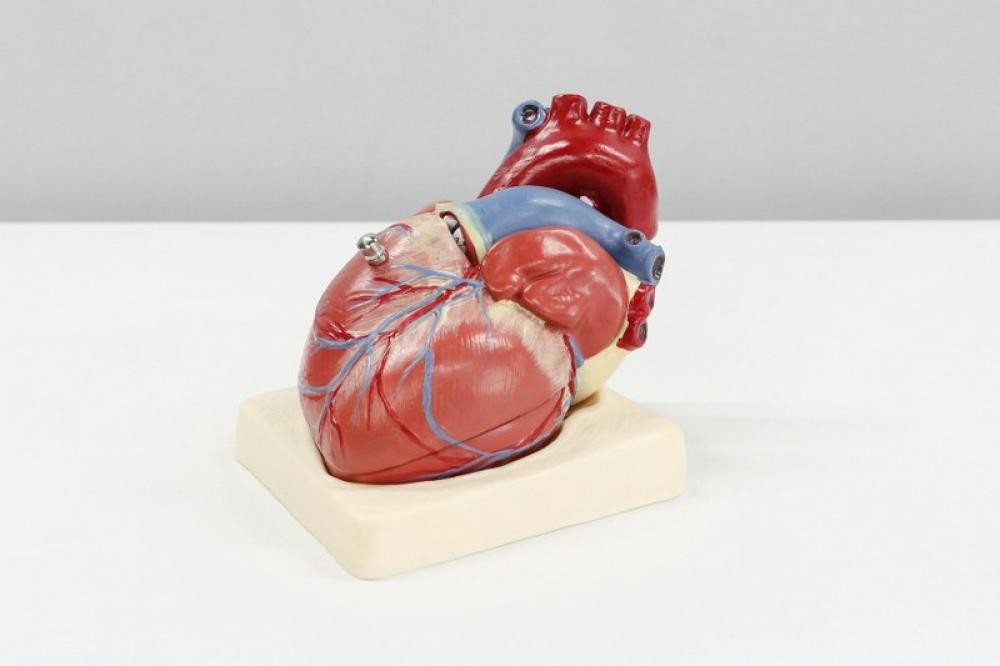AIDS-related deaths have dropped to their lowest level since 2004, but progress remains precarious, with the disease still claiming one life every minute, as per the UN.
For most nicotine users today, their first experience with the drug is a flavoured product – making it easier, and more appealing, to try, as per the UN World Health Organization (W ...
A new UN study has found that alcoholic drinks, especially beer and spirits, may raise the risk of pancreatic cancer.
A new study showed even a few nights with insufficient sleep promote molecular mechanisms linked to a greater risk of heart problems.
Waist-to-height ratio predicts heart failure incidence, according to research presented today at Heart Failure 2025, a scientific congress of the European Society of Cardiology (ESC).
In just two years, between 2019 and 2021, life expectancy worldwide fell by 1.8 years – the largest fall in recent history according to the World Health Organization (WHO), in the s ...
Greater awareness and action are needed as Europe and parts of the Middle East grapple with fresh outbreaks of foot-and-mouth disease (FMD) which can have devastating impacts on both anim ...
An anthrax outbreak is compounding the worsening security situation in eastern Democratic Republic of the Congo (DRC), driving up humanitarian needs and further limiting access to basic s ...
Daily exposure to certain chemicals used to make plastic household items could be linked to the more than 356,000 global deaths from heart disease that occurred in 2018 alone, a new analy ...
- Nature may help those suffering from chronic back pain, shows study
- UN says AIDS still killing one person every minute
- WHO alerts flavoured nicotine products driving youth addiction
- UN study reveals alcohol consumption is linked to higher risk of pancreatic cancer
- Even few nights of insufficient sleep can affect heart problems, reveals study
















